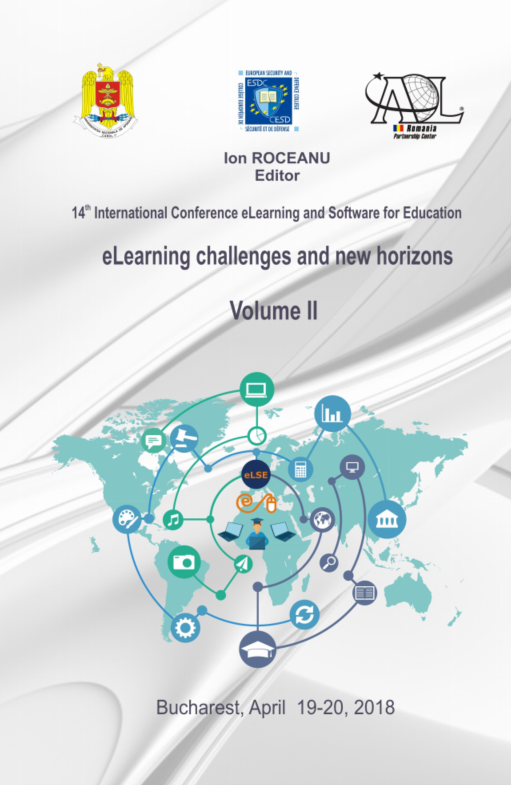New Challenges and Opportunities for ESP – The Case of English for Sciences
New Challenges and Opportunities for ESP – The Case of English for Sciences
Author(s): Anda Dimitriu, Lorena Clara MihaesSubject(s): Social Sciences, Language and Literature Studies, Education, Foreign languages learning
Published by: Carol I National Defence University Publishing House
Keywords: ESP; Science; mobile-assisted language learning;
Summary/Abstract: As the second part of a larger study, this article will mirror our first enterprise in aim, structure and methodology and, as such, it will constitute the natural continuation to our research dedicated to students enrolled in Business programmes. Therefore, starting from the premise that students with different majors and academic backgrounds offer an ESP (English for Specific Purposes) instructor distinct challenges and specific opportunities, the present work will, on the one hand, focus on the profile of students who have chosen Biology or Geology as their primary specialisation, and, on the other hand, it will provide concrete examples of how their various language skills can be improved by the introduction of technology in the English class curriculum. What is more, with the profile and needs of students who strive to perfect their Business English well established in the first part of the study, the present article will also engage in a comparison between the two types of students, emphasizing the role technology can fulfill in one case, but not the other. In this sense, unlike learners of Business English, students who specialize in hard sciences most commonly prove themselves to be proficient in reading and above average at academic writing tasks, yet they tend to be quite reluctant speakers. Consequently, students enrolled in Biology or Geology programmes need the support of additional teaching methods and assignments which, through their use of technology, will engage and encourage these timid learners to express their personal and professional opinions in an English-speaking context.
Journal: Conference proceedings of »eLearning and Software for Education« (eLSE)
- Issue Year: 14/2018
- Issue No: 02
- Page Range: 453-456
- Page Count: 4
- Language: English

